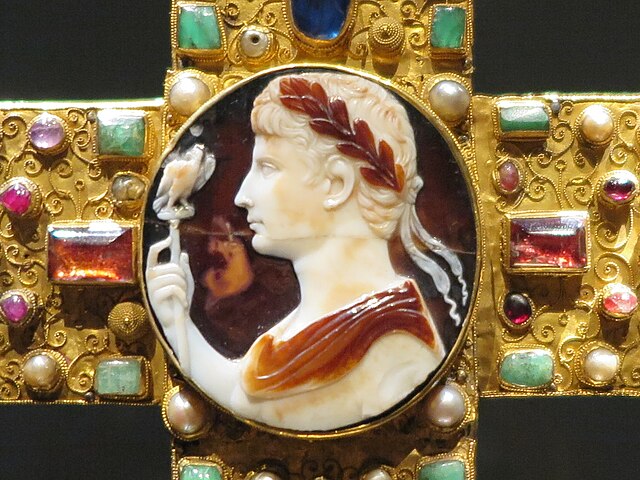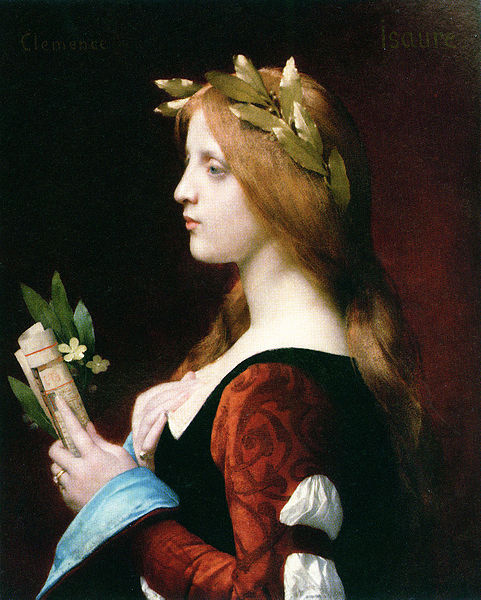
More words that are often confused.
Wreath/ writhe/ wreathe
The noun wreath refers to when leaves or flowers are arranged into a ring-like shape. This wreath may be worn on the head of someone being honored, or it may be placed on a grave as a sign of respect in the Western tradition. A wreath may also be a less formal type of decoration, especially around Christmastime. A Christmas wreath is a decorative arrangement of leaves or flowers on a round base. Sometimes the noun wreath is used in reference to its shape, such as in the expression wreaths of smoke. That suggests that smoke was in the air, shaped like more than one wreath. The verb to writhe means to twist and turn or squirm around. The word’s origin suggests that the movements can put someone in the shape of a wreath. A child who is restless may be said to writhe around. A patient in a hospital having an epileptic fit may possibly be writhing in discomfort. The word wreathe is a verb, meaning to cover or surround. The verb to wreathe may also be used in an abstract way, to describe the way something moves. After a fire in a building, the smoke may be said to wreathe up to the sky, meaning that it twists and turns. To be sure to tell apart the noun wreath and the verb wreathe, we may find it useful to associate them with the noun breath and the verb breathe. Breathe is the activity done when breath is pushed in and out of the body. In a comparable way, wreathe as a verb describes something taking the shape of a wreath. Other examples of this kind in English include the noun cloth and the verb to clothe, as well as the noun bath and the verb to bathe. Cloth is a familiar word meaning fabric, from which things to wear are made. If we give clothing to poor people who have none, then we are said to clothe them, by providing them with clothes. This generous act is at the heart of the concept of charity as explained in the Book of Isaiah in the Bible:
“When you see the naked, clothe them.” The noun bath is the act of washing, while the verb to bathe refers to giving someone or something a bath or washing someone or something. Small babies usually need someone to bathe them because it is impossible for them to take a bath by themselves. There are only a few such examples where by adding the letter e, we can change a noun to a verb, but if we keep them in mind, then wreath and wreathe will seem less confusing:
Cloth/ clothe
Bath/ bathe
Wreath/ wreathe

Here are some examples of usage for wreath, writhe, and wreathe:
- Kla boasted he bought more wreaths in a week than most people did in a lifetime.
- In Greek mythology the bee signifies immortality, the olive wreath victory and the ear of rice conveys abundance.
- Ancient Etruscan wreaths
- Wreath with ivy leaves and berries, a satyr’s head at either end. Gold sheet, Etruscan artwork, 400–350 BC. From a tomb near Tarquinia.
- Eli Zabar’s brioche holiday wreath does double duty.
- Unexpected materials make festive wreaths, and a dash of glitter never hurts.
- The Christmas wreath, so colorful and welcoming, is as packed as a snowball with tradition and symbolism.
- President Reagan will lay a wreath at the Tomb of the Unknown Soldier and deliver a speech at Arlington National Cemetery on Memorial Day.
- In their customs, the wreath was an ever-present symbol of eternity and triumph.
- Wreaths become a blank canvas for artists in the city parks department’s 30th annual exhibition.
- He became the first Vatican leader to lay a wreath of signature yellow and white flowers on the tomb of Theodor Herzl, the founder of modern Israel.
- The latest Cadillac crest is wider and flatter than the previous version, and it has also lost the laurel wreath that has encircled it in recent years.
- President Obama also signed the guest book and laid a wreath at the cenotaph in Hiroshima Peace Memorial.
- If I looked up at, say, a full moon on a clear night I would see not just the old face of the man in the moon, but that familiar glowing visage wreathed by a ring of smaller spheres — half a dozen mini-moons sprouting around its circumference like the petals of a flower.
- Fog-Wreathed Paradise, Built by a Billionaire Under a Cloud.
- This year grime, wreathed in strong London accents and strobing bass lines, is officially the Next Big Thing.
- I found a rose engraved on the hinge-plate of a door, and bees carved into a pillar wreathed in oak leaves and acorns.
- Gandhi himself, however, appeared to be in the best of spirits, his face being wreathed in smiles.
- Gavin Nolan’s Dali-esque mutants are grotesque creatures, a writhing mass of limbs as repellent as any predator should be.
- He groaned, writhed, lifted his head and shoulders off the gurney and said “man.”
- Lady Gaga, for all her writhing and posturing, is a polite young lady.
- A Slippery, Writhing Trade Dispute
- Writhing, Twisting Torsos and an Indoor Snowfall
- ROCK REVIEW – Romping, Writhing, Howling.
These examples show that the terms occur fairly frequently in English, and might be necessary to write in academic research or theses. Wreaths have a long history in the West, appearing in designs in ancient times in southern Europe. Pieces of gold jewelry from the Etruscan civilization almost three thousand years ago have been found in the shapes of wreaths. This gives us an idea of how important wreaths are to Western culture. By learning the details of how to spell certain words, we can also inform ourselves about traditions in art, history, culture, and civilization. In ancient Greece and Rome, wreaths were well known. Sometimes they were worn as crowns by rulers and judges. In ancient Greek mythology, Apollo, the god of music, poetry, art, archery, medicine, sun, light and knowledge, among other things, wore a wreath on his head made from a laurel tree. This later gave added prestige to wreaths as signs of victory and achievement. At the first Olympic games, athletes who won races were given wreaths to wear on their heads. In Greece and early Europe, wreaths were made to celebrate harvest time, and to protect farmers against failed crops and plant diseases. Later, Christmas wreaths were made from evergreen trees as a symbol of eternal life and Christian beliefs. In a similar way, at funerals since Ancient Greek times, wreaths symbolize a circle of eternal life.

(All images courtesy of Wikimedia Commons).
